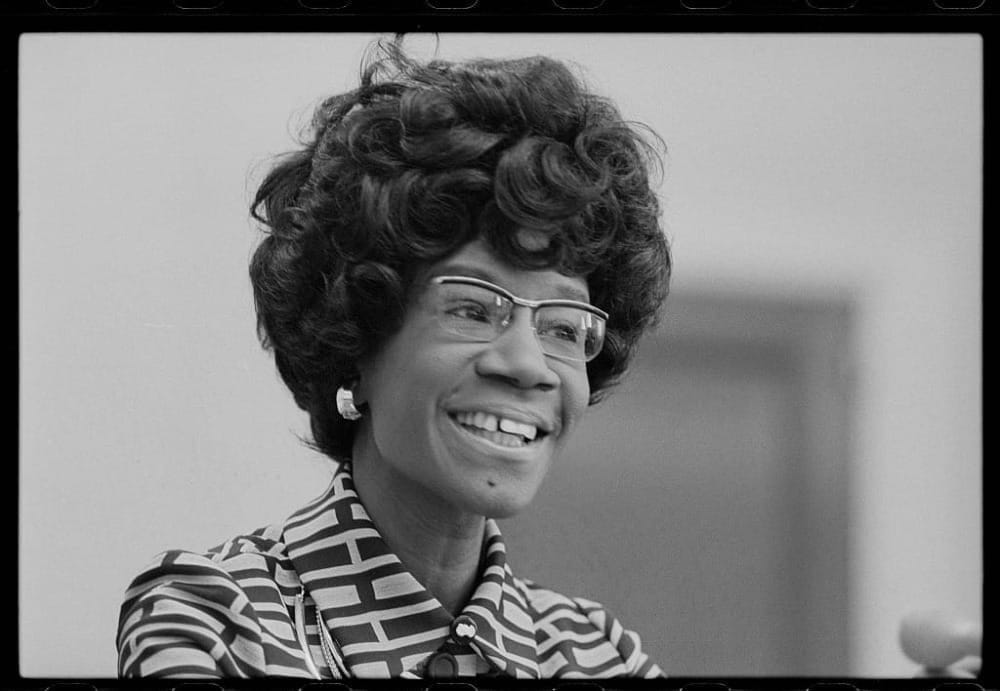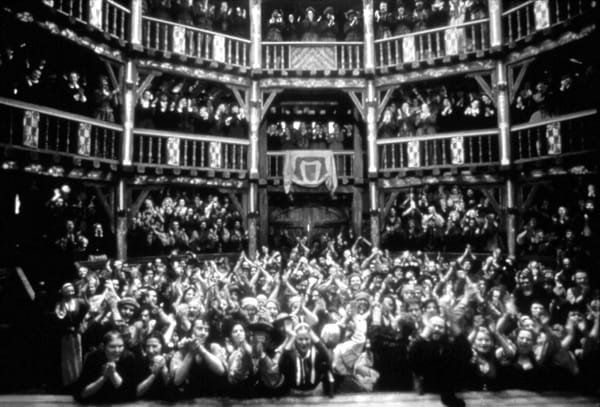As America Votes Harris vs. Trump, One Woman’s Legacy Looms Especially Large
How Shirley Chisholm, who ran for president against all odds, forever altered the landscape for women in U.S. politics.

In 1972, Shirley Chisholm—a Black Barbadian American woman from Brooklyn—ran for the Democratic presidential nomination.
She wasn’t the first woman to run for U.S. president, but her candidacy was nonetheless extraordinary.
The odds of Chisholm being selected among a slate of candidates dominated by white men, for a post that had only ever been held by a white man were, to borrow Chisholm’s words from her memoir, “hopeless.” But this reality didn’t deter her. Chisholm ran “to demonstrate the sheer will and refusal to accept the status quo.”
She also ran because she knew that even a defeat would be a victory. She was the first Black candidate for a major party nomination for president of the United States, meaning that those who came after her had someone to follow. In that sense, she would be a catalyst for change.
Election Day, And All the Days Before It
Today, Nov. 5, 2024, is a momentous day. It’s momentous for American voters, of course. And it’s momentous for people around the world who are watching and wondering what this all means for them.
But it’s also momentous from a historical perspective. There are many reasons why Kamala Harris is on this stage, but it's partly thanks to the many women in the past who laid the groundwork for it to happen.
Today’s election day is the culmination of the bravery and boldness of so many over so long. We’re here because of Lydia Maria Child and Lucretia Mott who, in 1847, at the convention of the Liberty League—a caucus of the abolitionist Liberty Party—each garnered a single vote for president.
We’re here because of Victoria Woodhull’s much-ridiculed run for president in the 1872 election. We’re here because of Febb Burn’s history-changing letter to her son that ultimately made the all-important 19th Amendment—the right for (many) women to vote—a reality. We’re here because of people like Patsy Mink, who was the first Asian American woman to run for president, and Geraldine Ferraro, the first woman nominated for vice president by a major political party.
We’re here because of Lenora Fulani who, in the 1988 presidential election, became the first woman and the first African American to appear on the ballot in all 50 states, and who received more votes for president in a general election than any other woman before her. And of course—unequivocally—we’re here because of Hillary Clinton, who won the popular vote in 2016, but lost the necessary swing states in an election that was so surprising even the winner seemed flabbergasted.
Squarely in this esteemed line-up is Shirley Chisholm, whose legacy permeates the U.S. She may never have come close to running a nation, but her ambition, grit and hard work had a profound effect on American politics.





